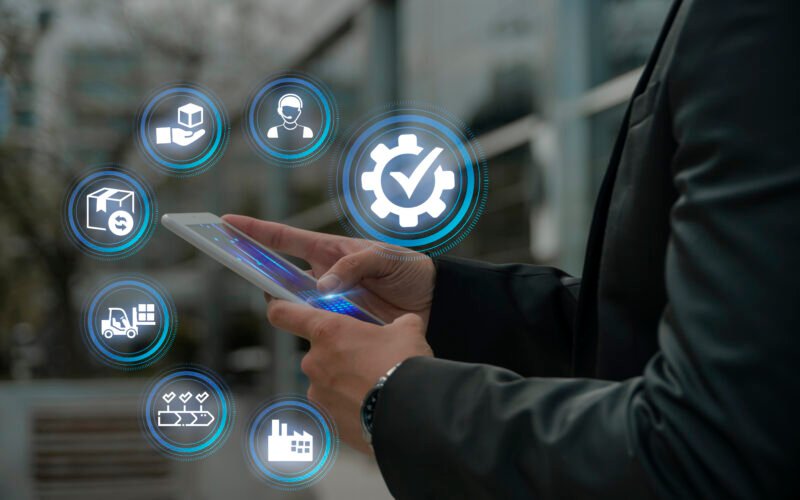Malta has embraced digitalisation across its public administration in recent years, and many services are now available online. For expats, this shift can be both convenient and complicated. While the introduction of eServices reduces the need for in-person appointments and paperwork, most platforms require an electronic ID (e-ID), and not all systems are designed with non-Maltese users in mind. Understanding how to access and navigate these services has therefore become an essential part of settling in Malta.
Understanding Malta’s eServices
eServices are official online portals provided by different government agencies, allowing residents and businesses to handle administrative obligations electronically. They cover a wide range of areas such as taxation, residency, employment, transport, and social security. Instead of queuing at offices or submitting paper forms, users can log in with their e-ID credentials to submit applications, make payments, or update personal information.
For an expat, these services become particularly important shortly after arrival. Filing a tax return, booking an appointment for a residence permit, or registering as an employee are now digital-first processes. In practice, this means that obtaining an e-ID is often one of the first administrative steps to complete after securing a residence card.
Obtaining an e-ID as a Foreigner
An e-ID is the digital key to most eServices. Expats who hold a Maltese residence card can apply through Identité. The process begins once the residence permit is issued. After submitting the application, you will receive credentials including a username, password, and activation code. Authentication often requires two-factor verification, either via SMS or mobile app.
Without an e-ID, access to eServices is very limited, making it one of the first administrative steps after settling in Malta.
Why eServices Matter for Expats?
For foreigners establishing a life in Malta, eServices are more than a convenience, it’s a necessity. Filing taxes, applying for residency, declaring employment, or registering a vehicle all require online interaction. Efficient use of these systems saves considerable time and reduces the need for repeated in-person visits.
The country’s shift toward digital-first governance also means that being comfortable with these platforms is now part of compliance. An expat who understands how to use the CFR portal or Jobsplus system will find it easier to meet legal obligations and avoid unnecessary complications.
Overview of Malta’s eServices
Malta’s digital portals simplify essential tasks for expats, from taxes and employment to residency and healthcare. The table below highlights the main eServices and their typical uses.
| Portal | Main Purpose | Typical Use for Expats |
|---|---|---|
| Commissioner for Revenue (CFR) | Tax and VAT services | Filing annual tax returns, paying VAT, registering bank details |
| Jobsplus | Employment and training services | Register employment, update work status, submit employer declarations, access training and employment support |
| Identité Malte | Residency services | Activate e-ID, apply for visas/residence, check application status, update personal details |
| Transport Malte | Vehicle and driving services | Paying road tax, booking driving tests, renewing vehicle registrations |
| Sécurité sociale | Benefits and contributions | Submitting contributions, applying for benefits |
| eHealth | Healthcare services | Managing medical records, GP registration, accessing limited online health services |
Réflexions finales
Malta’s eServices have improved accessibility and efficiency, but they remain complex for new arrivals. For expats, the most important step is securing an e-ID as soon as the residence permit is issued. Once active, this digital key unlocks access to the main administrative systems and reduces the reliance on in-person visits.
Although challenges such as fragmented systems and occasional delays persist, being proactive in understanding how eServices work can make a significant difference. In today’s digital-first Malta, adapting quickly to these platforms is just as important as finding accommodation or opening a bank account.
If you need guidance on using official portals, or handling related paperwork, you can always contact the Expatax team for professional assistance.








